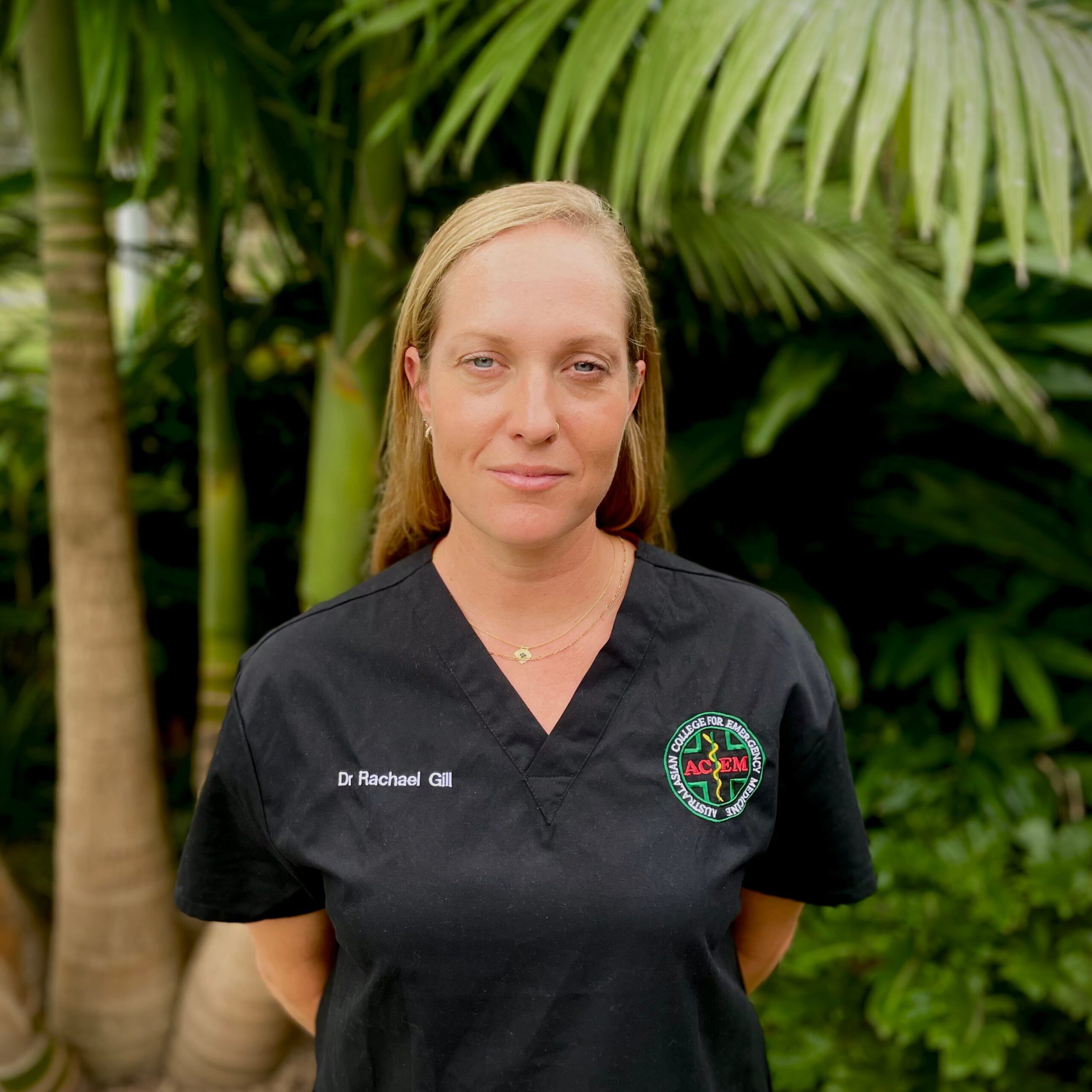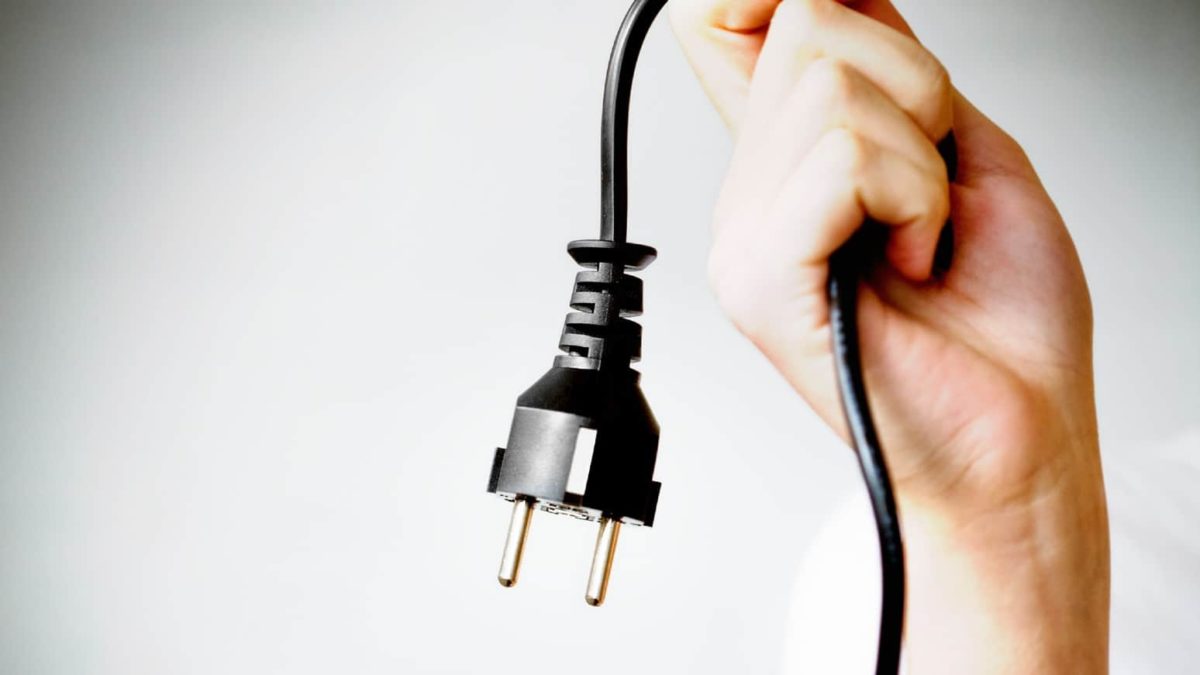
A new study highlights the profound impact of dental fear on adults, revealing that nearly three out of four individuals experience anxiety related to dental visits. Conducted by researchers at NYU College of Dentistry and published in the Journal of the American Dental Association, the research emphasizes the urgent need for accessible treatments to address this widespread issue.
The study surveyed 1,003 adults across the United States, ensuring a representative sample based on age, gender, race, education level, region, and household income. Findings indicate that 72.6 percent of participants reported some level of dental fear. Among those, 45.8 percent experienced moderate fear, while 26.8 percent reported severe anxiety related to dental care. Despite these apprehensions, a significant majority—71.2 percent of those with moderate to severe fear—expressed interest in participating in a free home-based treatment program for dental anxiety.
“This research underscores the growing prevalence of dental fear and the necessity of finding effective treatment options,” stated Richard Heyman, professor at NYU Dentistry. He noted that many individuals avoid routine care, only seeking dental assistance when faced with significant issues. This avoidance creates a cycle of fear and neglect, resulting in deteriorating oral health and increased anxiety.
Innovative Treatment Approaches
To combat dental fear, NYU researchers have developed a program called Dental FearLess. This initiative employs an app, supplemented by optional telehealth sessions, to deliver cognitive behavioral therapy and mindfulness strategies. In preliminary studies, half of the participants reported a significant reduction in their fear after completing the program.
“While dental fear is highly treatable, many dental professionals lack the necessary training to offer effective treatments,” Heyman continued. He emphasized that virtual treatment options could expand access to those who might otherwise avoid care due to anxiety.
Understanding the Roots of Dental Fear
The study also sheds light on how past experiences contribute to the development of dental fear. Previous research indicates that more than half of individuals with high dental anxiety cite negative childhood experiences at the dentist as a significant factor. However, the current study delves deeper into the role of memory in shaping these fears.
Kelly Daly, an assistant research scientist at NYU Dentistry, explained that “memories of traumatic dental care can be remarkably vivid and tend to have lifelong implications.” The researchers analyzed survey data and reflections from parents regarding their own dental fears and those of their children. Their findings, published in the journal Oral, reveal that many individuals associate dental visits with pain and negative interactions, including outdated practices that have since been deemed inappropriate.
Patients recounted experiences that fostered mistrust towards dental providers, stemming from feelings of humiliation or being disregarded during treatment. Daly highlighted that these memories can significantly impact lifelong oral health behaviors, emphasizing the importance of transparent communication between dental providers and patients.
“Learning from these experiences can help dental professionals avoid perpetuating fear,” she noted.
Contributions and Support
The research efforts received funding from the National Institute of Dental and Craniofacial Research, a component of the National Institutes of Health. The team behind both studies includes notable figures from NYU Dentistry, such as Salomi Aladia, Sarah Harris, Nicole Roitman, Annette Kim, and Amy Smith Slep, as well as contributors from the Brooker Memorial Institute Pediatric Dental Center.
As understanding of dental fear deepens, the aim is to facilitate effective treatments and improve overall oral health outcomes for individuals grappling with these anxieties. Through continued research and innovation, experts hope to foster a healthier relationship between patients and dental care providers, ultimately breaking the cycle of fear and avoidance.







